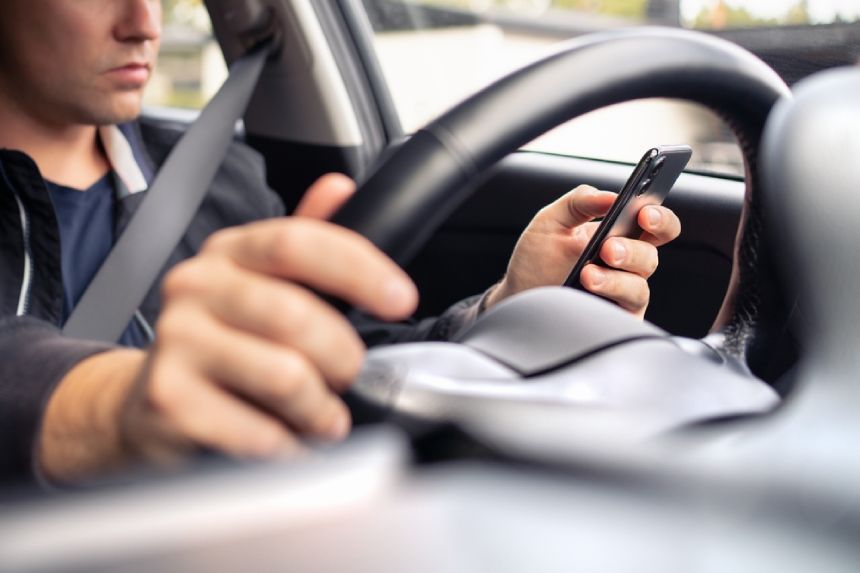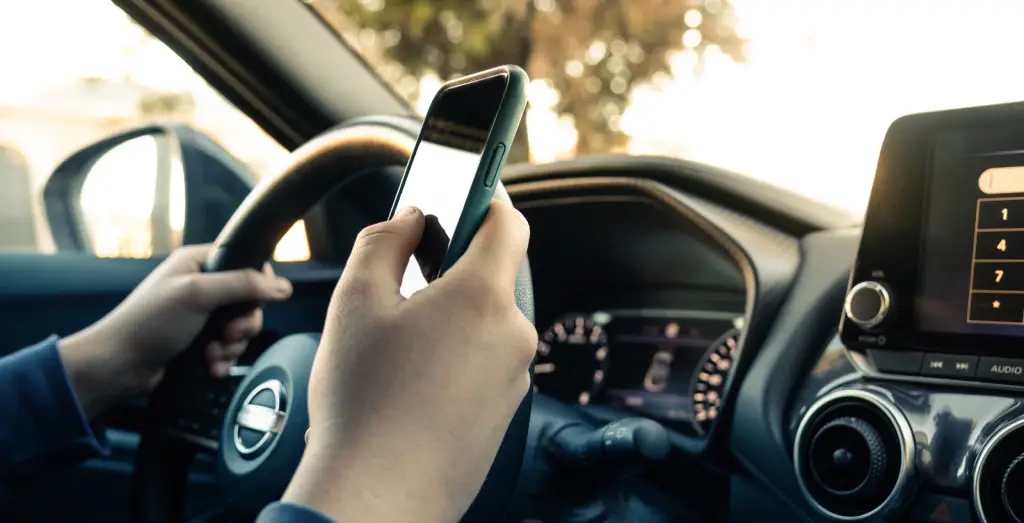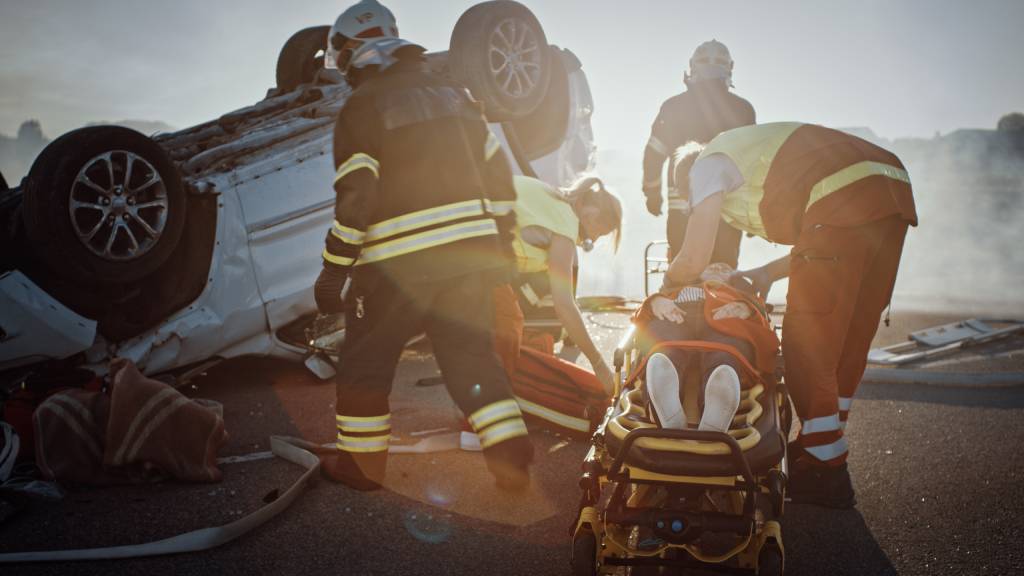California is home to over 1.3 million app-based gig workers. Among these are at least 209,000 Uber drivers and around 300,000 Lyft drivers. Uber and Lyft drivers clearly play a key role in California’s economy. And the gig economy shows no signs of slowing down.
What happens, though, if you’re injured in an accident involving a rideshare driver? What rights do you have, and how do you claim the compensation you deserve? While you should call the May Firm for a free case evaluation, here’s an overview of how rideshare accidents work in CA.
Rideshare Accidents
First, let’s define what we mean by rideshare accidents.
A rideshare accident is any crash involving a rideshare driver. What is a rideshare driver? Well, we can think of rideshare drivers as contractors.
- These drivers use their own vehicles to carry paying passengers from one place to another.
- They find passengers through a rideshare company network, such as Uber or Lyft. The network provides an app which is how they accept ride requests and drop-off and pick-up locations.
- Passengers pay through the app. Drivers are then paid through their own account at a certain frequency e.g. weekly.
Rideshare accidents can affect anyone, from passengers to pedestrians.
Rideshare Accident Causes
Uber and Lyft accidents happen for many reasons. Common reasons include:
- Driver fatigue
- Driving under the influence of drugs or alcohol
- Inexperienced drivers
- Speeding
- Vehicle maintenance issues
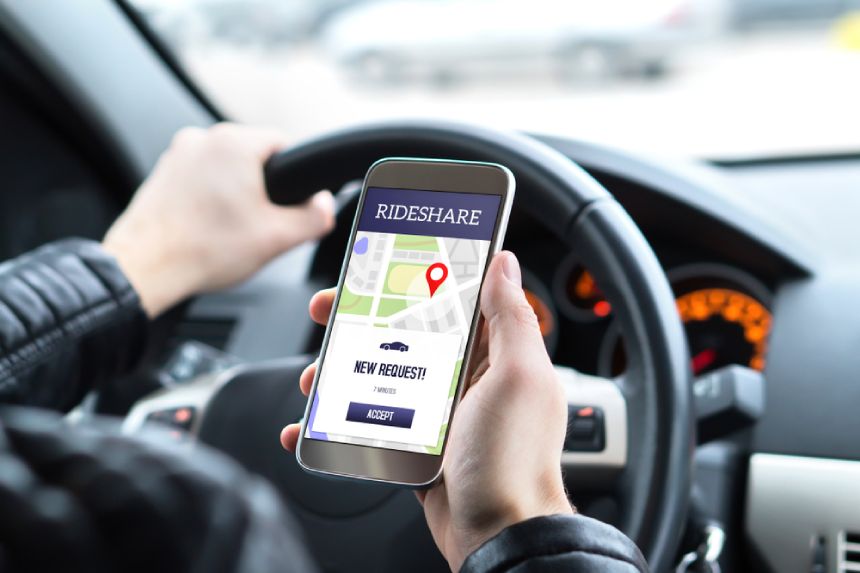
A rideshare crash can occur anywhere, including parking lots, intersections, and highways. They may be single-vehicle crashes or involve multiple vehicles.
Injuries in Rideshare Accidents
Rideshare accident injuries are similar to those you might sustain in any road crash. The exact injuries are always unique to the case. However, common rideshare accident injuries are:
- Back and neck injuries
- Broken bones
- Cuts and lacerations
- Head trauma
- Soft tissue damage
More serious injuries include nerve damage, paralysis, limb loss, and traumatic brain injury (TBI). Catastrophic collisions can cause death, especially if a vehicle hits a pedestrian at speed.
If your loved one dies in a rideshare crash, our wrongful death attorneys can assist. Call now to schedule your free, no-obligation meeting.
Rideshare Accidents and Compensation Claims
The civil rules of negligence cover rideshare crashes in CA. You may have a personal injury claim against a rideshare driver if you can prove four things:
- The driver owed you a duty of care
- The driver acted negligently or carelessly
- You are hurt or injured in some way
- There’s a direct causal link between the driver’s carelessness and your injuries
In other words, if you’re hurt and it’s the rideshare driver’s fault, you might be able to claim civil damages. This is the same as for any personal injury claim for car accidents in California.
What’s more complex, though, is who you should sue when rideshare vehicles are involved. Let’s consider this complex question in more detail.
Uber Accidents: Insurance and Liability
As with any driver on California roads, Uber drivers are expected to have their own auto insurance policy. This ensures they can cover the costs of legal claims against them for personal injury and property damage.
However, Uber itself is considered a “transportation network company” (TNC). This means that Uber must provide insurance to cover its drivers when they’re working. This commercial insurance covers the passenger(s) and rideshare drivers.
Put simply, you may have a claim against the driver’s own insurance. However, you could also have a claim against Uber’s insurance policy.
How do you determine who to sue? It depends on whether the rideshare driver was actually working and logged into the app. Let’s break down what this means.
- Driver not logged in and not working: The driver is presumed to be driving on their own time. Uber’s insurance does not cover this accident. You will have a claim against the Uber driver’s personal insurance alone.
- Driver is logged in, but hasn’t accepted a ride: The driver is technically working. Uber may offer limited coverage. You may also still have a claim against the driver’s personal insurance.
- Passenger on board or a ride request accepted: The driver is working. Uber’s insurance, and the driver’s own insurance, apply.
How Do I Know Who to Sue?
This is where making an Uber accident claim gets complicated.
For example, a driver may claim they had the app turned off, when they were actually working. Or, maybe Uber hired a driver with a record of DUIs. In this case, Uber may be responsible if there’s a crash due to a driver’s DUI.
Pedestrians and cyclists can face various challenges when suing Uber drivers. A rideshare accident attorney should be consulted for advice.
What if I Was in Another Vehicle??
You could still claim against the Uber driver and Uber. It all depends on the driver’s status at the time of the crash. An attorney can explain who you might sue as a third party.
What if Someone Else Caused the Crash?
You may have further options for who to sue. For example, you might be able to sue another driver or the vehicle manufacturer e.g. for a vehicle fault. This is similar to what happens if you’re in a crash with any vehicle – not just rideshare vehicles.
Why You Need an Uber Accident Lawyer
There are various reasons why you need an Uber accident lawyer after a rideshare crash. Your attorney can:
- Obtain electronic records to prove whether the driver was, in fact working
- Negotiate a fair settlement based on your total losses
- Identify the right party, or parties, to sue for your claim
- Ensure that Uber takes responsibility, if required
Don’t hesitate to call the May Firm if you need an Uber crash lawyer in CA.
Lyft Accidents: Insurance and Liability
Lyft insurance and Uber liability rules are similar. We can summarize them as follows.
- If the driver is logged into the app and working, Lyft’s insurance applies. This is in addition to the rideshare driver’s own insurance coverage.
- If the driver was not logged in, Lyft takes no responsibility, as the driver is on their own time.
- If the rideshare driver was not working, but logged in, Lyft may take some share of responsibility.
As with Uber, pedestrians may be covered. However, it’s challenging to make a claim.
When to Call a Lyft Accident Lawyer
Before a crash victim files a claim against a Lyft driver, they should retain legal advice. Our team can:
- Help you sue for all losses e.g. medical treatments, lost income
- Prove the driver’s status at the time of the accident
- Identify who else may be responsible e.g. Lyft, another driver
Don’t hesitate to call us to discuss a personal injury lawsuit against a Lyft driver.
Uber vs. Lyft Accident Liability
Let’s briefly summarize Uber and Lyft driver liability for personal injury claims.
- Every rideshare driver should have personal auto insurance.
- Rideshare drivers are covered by the TNC’s insurance if they’re logged into the app.
- As a passenger, you may be able to sue both the driver and the rideshare company.
- If another driver may have caused the crash, you may be able to sue them, too. There are various legal rules around determining fault in CA.
- Pedestrians and other road users may have more limited options.
Our law firm can explain the potential challenges as they relate to your case.
What to Do After a Rideshare Accident
The first few moments – and days – after a rideshare vehicle accident are critical. If you’re hurt in a crash, here’s how to proceed.
- Contact emergency services to report any serious injuries. And even if no one requires urgent medical care, you should still call the police. Police reports can help you prove what happened when you file a personal injury lawsuit.
- Gather the rideshare driver’s information. This includes their name, license plate number, and vehicle registration. You’ll also need their own insurance information for liability purposes.
- Try to identify witnesses. Get their contact information. They may be able to provide a statement confirming what happened.
- Take pictures or videos of the scene. Capture relevant details, such as road signs and markings. If any hazards, such as potholes, played a part in the crash, take pictures of them.
- Visit your doctor or the ER. Even if you don’t feel seriously injured, a doctor should evaluate you. Some serious injuries – such as concussions – take a few hours or days to develop.
Once you leave the scene, your next step should be calling a rideshare accident lawyer.
At the May Firm, we can quickly identify if you have a case, and help you file the relevant paperwork. We can take the stress out of the insurance and civil claims process, so you can focus on recovery.
Why You Need a Rideshare Accident Attorney
If you’re injured in a rideshare accident, you need legal advice you can count on. And at the May Firm, our experienced rideshare attorneys want to give you the support you deserve.
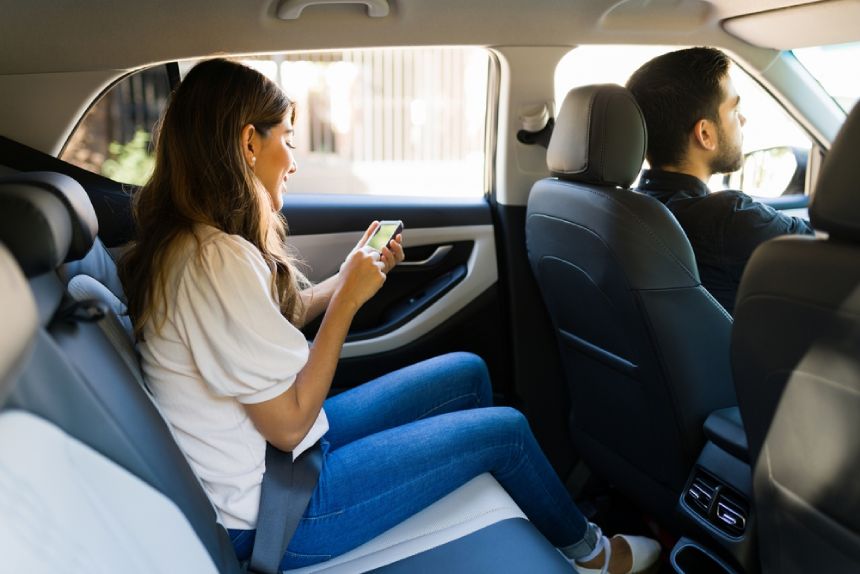
Whether you’re a passenger or a pedestrian, our team can help you pursue your legal rights. We’ll listen to what happened, explain your options, and walk you through the lawsuit process. Every accident victim we take on as a client becomes part of our family.
We’ll treat you with compassion and respect, and we’ll fight to protect your best interests. Our personal injury attorneys don’t charge anything unless we win your case, so give us a call. We will do all that we can to help you through this challenging time.
Contact the May Firm to schedule a free, no-obligation meeting to discuss your case.
Disclaimer: The content in this article is provided for general informational purposes only and may not represent the current law in the recipient’s jurisdiction. The article should not be interpreted as professional legal advice from The May Firm or the individual author, nor is the information intended to substitute for legal counsel on any subject matter. The article, nor any of the information included, should not be used to act or refrain from acting without seeking the appropriate legal or other professional advice from a lawyer licensed in the recipient’s jurisdiction. Any reliance you place on such information is strictly at your own risk.
